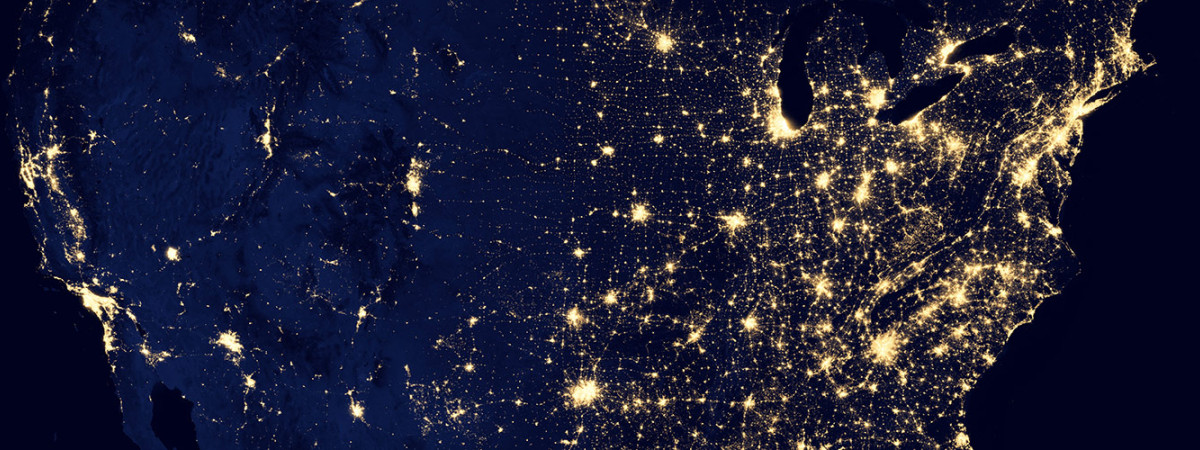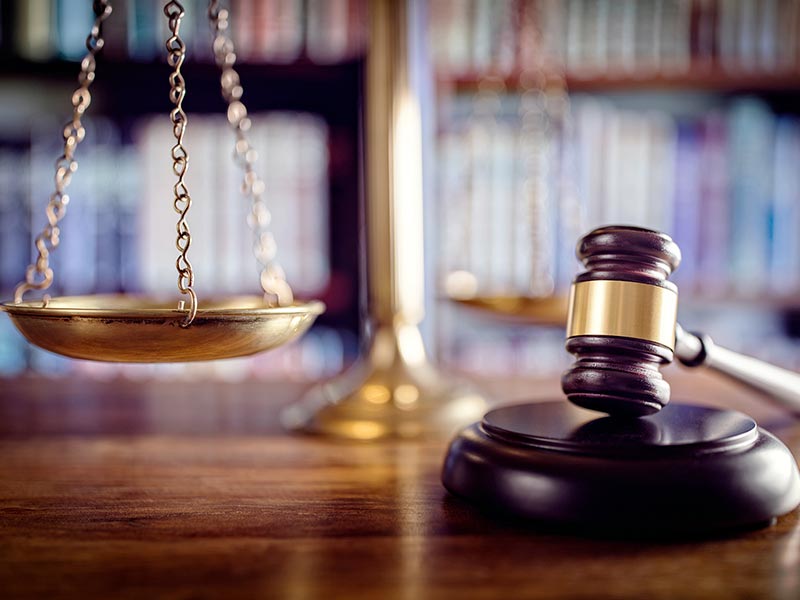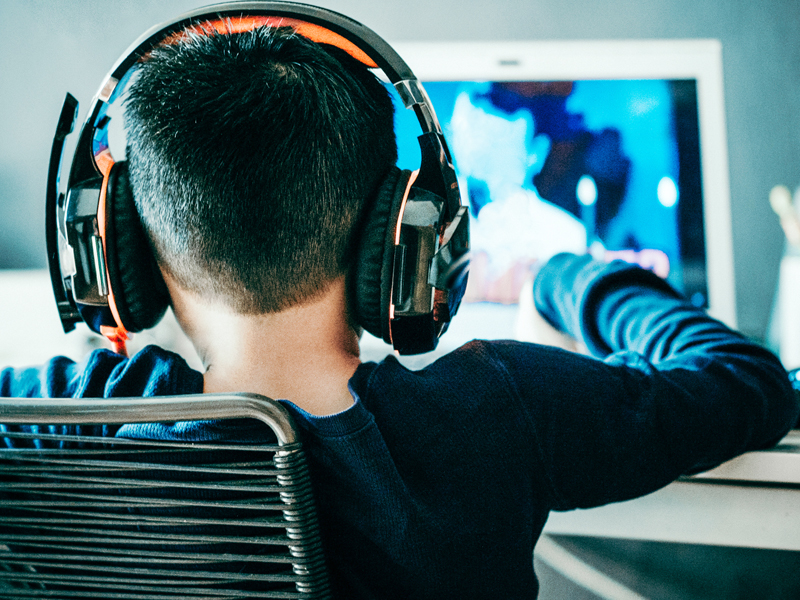
Photo by NASA on Unsplash
Facebook makes decisions to take down, leave up, or restore content every day, and some of these decisions can be very challenging, with strong arguments for either removing or leaving up the content. Many users can disagree with these decisions, and millions are appealed each year.
In November 2018, Mark Zuckerberg announced plans to “create a new way for people to appeal content decisions to an independent body, whose decisions would be transparent and binding.” This idea has since become known as the Facebook Oversight Board, with the Governance Charter for the Oversight Board released in September.
The Oversight Board is intended to assess difficult content decisions and provide policy opinions, particularly where there is tension between the freedom of expression rights of users with other values, such as safety, privacy, and dignity. In this sense, the Oversight Board represents a new opportunity to provide enhanced access to remedy for individual users while also informing actions by Facebook to mitigate potential future harms.
Today, we are releasing a human rights review conducted by BSR to inform how the Oversight Board will work in practice.
The purpose of our human rights review is to inform the governance and operations of the Oversight Board such that it is consistent with human rights-based approaches, principles, standards, and methodologies. To achieve this outcome, we used an assessment methodology based on the UN Guiding Principles on Business and Human Rights (UNGPs), combined with a review of the various human rights principles, standards, and methodologies upon which the UNGPs are based.
One important challenge was immediately obvious to BSR upon commencing our work: Efforts to provide access to remedy in other industries typically meet the needs of a limited number of rightsholders, based in clearly defined geographical areas, and speaking a limited number of languages. By sharp contrast, the Facebook Oversight Board needs to meet the needs of billions of rightsholders, who could be anywhere in the world, and who may speak any language.
Combine this issue with the Oversight Board’s independent decision-making authority, and Facebook is creating an institution unlike anything ever previously created by a company. It’s a real leap into the unknown—to our knowledge, no company in any industry has ever established an oversight mechanism with binding decision-making power—and a leap that should be made in a manner consistent with human rights.
With this context, BSR’s review explored seven key human rights themes for the Oversight Board:
- Harms and Impacts: Addressing a wide variety of human rights issues and prioritizing the most severe cases
- Vulnerable Groups: Addressing the rights and needs of individuals from groups or populations at heightened risk of becoming vulnerable or marginalized
- Remedy: Providing pathways to effective remedy (i.e., efforts to restore the victim to the same or equivalent position before the harm) and adhering to the access to remedy and operational-level grievance mechanism expectations of the UNGPs
- Decision-Making: Ensuring that Oversight Board members are fully aware of the international human rights standards and that Oversight Board decisions are effectively integrated into Facebook
- Informed Consent: Ensuring that relevant users (e.g., those posting or featured in content) provide consent for each case and understand both their risks and their rights when consenting
- Safety and Integrity: Addressing new human rights risks arising from the existence of the Oversight Board
- Transparency: Accounting for how human rights impacts are addressed through external communications
In our report, BSR provided recommendations for Facebook and the board itself in each theme. In addition, three high-level insights emerged:
- We determined that all human rights—not only freedom of expression and personal safety and security—can be impacted by content decisions. This implies that it will be important for the Oversight Board to understand the various human rights impacts at stake in each case.
- The Oversight Board can help prevent and mitigate future human rights harms through both policy recommendations to Facebook and through the action Facebook takes to implement Oversight Board decisions. Policy recommendations could include new or modified language in the Facebook Community Standards, revisions to guidance on how content moderators interpret and enforce the Community Standards, and potential expansions to the scope of the Board’s mandate itself.
- We believe it will be important for the Oversight Board to have a mechanism to identify novel cases, emerging trends, and cases that may become more prevalent or severe alongside upcoming social, political, or economic developments. This will enable the Oversight Board to proactively address areas of risk and anticipate future harms.
BSR undertook the human rights review at the same time that Facebook created the Oversight Board, thus enabling Facebook to integrate many of our recommendations into the governance and operations of the Oversight Board. The result is an Oversight Board more consistent with human rights-based approaches, principles, standards, and methodologies. We welcome the following steps already taken by Facebook:
- The charter requires the board to pay particular attention to the impact of removing content in light of human rights norms protecting free expression. In his letter on the Oversight Board Charter, Mark Zuckerberg sets out how the values accompanying Facebook’s Community Standards—authenticity, safety, privacy, and dignity—are guided by international human rights standards.
- When prioritizing cases to refer to the Oversight Board, Facebook will consider factors consistent with the UNGPs, such as the severity of impact on someone’s voice, safety, privacy, or dignity, as well as the number of people affected.
- The board will be composed of a diverse set of members, including those who have familiarity with free expression, civic discourse, safety, privacy and technology.
- Facebook will provide resources to enable the board to hear cases in multiple languages.
- Facebook has designed the tooling and submission process with accessibility to vulnerable groups in mind, including prompts to assist users in submitting their cases and allow individuals to submit their case using a mobile device.
- The board will be empowered to instruct Facebook to allow or remove content, which is a form of remedy for users.
- Facebook commits to implementing decisions in a timely manner and communicating the implementation of the decision to the user, in line with some of the effectiveness criteria contained in the UNGPs.
Facebook is by no means the only social media platform facing the challenges of content moderation, and we hope that the BSR human rights review provides considerable value to other social media platforms, stakeholders, and policymakers addressing similar challenges.
While many companies have created advisory committees to provide guidance on human rights topics, to our knowledge, no company has ever established an independent body in this way. We are hopeful that this report will have lasting impact on the Oversight Board. It will be important for dialogue with the international human rights community to continue, especially as the board starts in earnest to formalize and implement its procedures for deliberation and decision-making.
This board represents a significant innovation in the field of business and human rights, and we look forward to learning how such a novel idea proceeds in practice.
Topics
Let’s talk about how BSR can help you to transform your business and achieve your sustainability goals.








